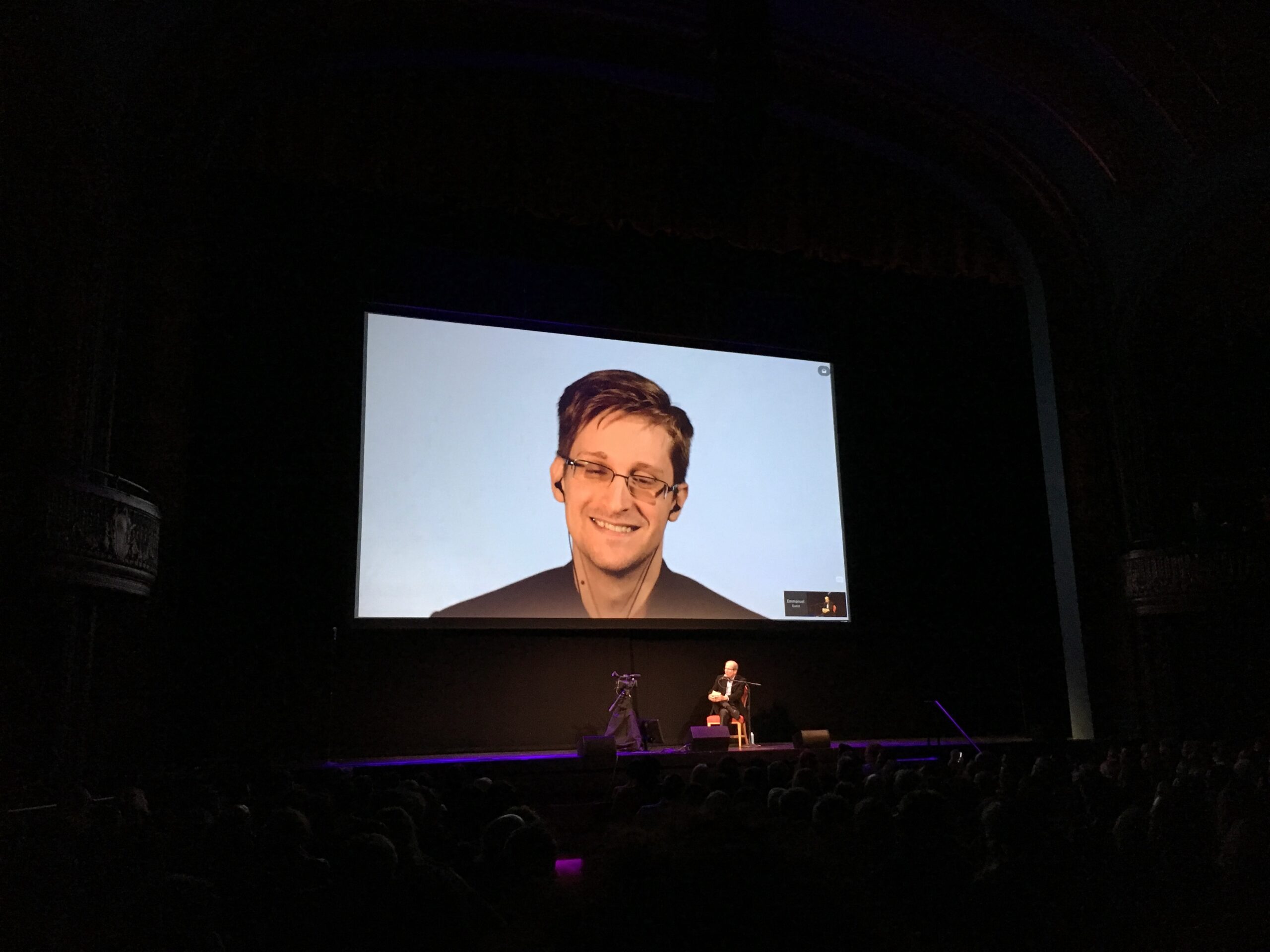Dialogues With Robert Estrada
The Need For Whistleblowers
Kazkar:
Not me. I’ve posted a blog on the subject (see below). Snowden and Assange and Daniel Ellsberg along with other whistleblowers are national heroes in my book. Scapegoating people who have the courage to step forward and reveal crimes is despicable — especially since there is no legal recourse for whistleblowers.
They are deemed guilty of treason from the get. To me, the surveillance programs of the NSA are no different from those imposed on citizens by STASI and the gestapo. They are designed to marginalize opposition and eliminate dissent
The more I hear from and about Snowden, the more I appreciate what he has sacrificed for us — and the world. Watching Citizen Four (which is also available for viewing on Ruthenians.net), gave me a clearer picture of a young man giving up his future for something he believed in strongly — much the same as the young men (and women) of my father’s and my generations did in believing they were keeping their families and their country safe from real or perceived threats. I did too when I volunteered to serve.
These beliefs were shared by the youth of all the countries that were and are deemed now to be our “enemies”; Japan, Germany, Turkey, Italy, China, Vietnam, Afghanistan, Pakistan, Iran, Iraq, Chile, Argentina, Venezuela, Honduras, Bolivia, Nicaragua, Cuba, Libya and now Yemen, Syria, Ukraine — the list goes on.
Think on it. Those generations of adversaries sacrificed their lives for very similar beliefs. Defend the motherland. Save our loved ones. Preserve our way of life (which has to be better than everyone else’s because we’re exceptional). The result is that we are at war with the entire world, literally. And it is a war that ultimately is, as Henry Giroux points out, a form of mass suicide.
We are at war with ourselves, killing our future — an obsession with violence and hegemony that is endemic in our culture, our media, our warped sense “freedom”, our blind obeisance to a fantasy of an intelligent design that will make it all work out in the end so we can’t possibly do wrong no matter how many innocents we kill.
This is one reason why we desperately need whistleblowers – to pull back the curtain so we can see what the Wizard of Oz is up to. Frank Baum knew this truth. It is time we started “knowing it” too.
Rob Estrada:
I don’t disagree with your portrayal of his courage and sacrifice in doing what he did. I think he was exemplary in his willingness to lay his future on the line for his principle, and I am at least partially thankful for what he exposed. As it wasn’t his job to make the call, on the other hand (anyone believing anything cannot always be allowed to substitute their own judgment for the rule after all) and as there has been genuine damage to our security and undoubtedly lives lost as a result, the issue becomes a difficult one for me. I honestly don’t know what I would do, were his fate up to me.
Kazkar:
I take your point soberly. I like feeling safe and secure. Especially when I have to spoof my computer’s MAC code in order to surf the web un-tracked. Keeping secrets from us to keep them from “enemies” is disingenuous at its core because it assumes that our enemies are too stupid to figure out how to avoid prying eyes without knowing those secrets. As to any “blood on the hands” because of lost lives as the result of the Snowden Leaks, Glenn Greenwald had a post w while back on The Intercept that totally refutes this claim by John Brennan as does the NY Times in a recent OP/Ed. Terrorists killed those people not Edward Snowden.
Any damage done was to our relationships with allies who were unaware that they were also under the watchful eye of the panopticon. Now they rightfully distrust us.
Rob Estrada:
These are all legitimate points which leave me not arguing for a conclusion, but largely without one. I would never go so far as to say Snowden (or American foreign policy for that matter) is primarily responsible for the murders in question. As you say, terrorists killed those people. The question for me is not whether he is equivalent to a terrorist, as he plainly is not, but whether the results as mixed as they may be, can shed light on whether he is more heroic or treasonous if only in hindsight.
As to the substitution of judgement over rule, who makes up the rule? The few or the many? And if we are to make up the rule(s), we need knowledge and not innuendo or supposition.
![]()

